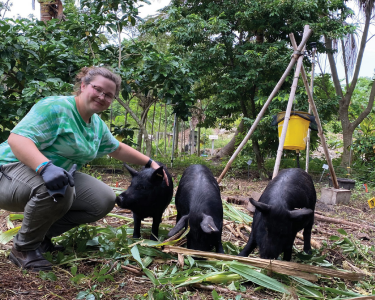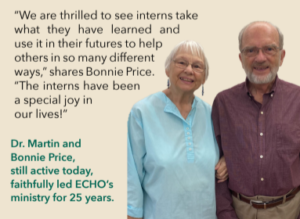By Anna Pearson, Ella Roberts, and Sarah Bakeman
Grab your grocery list, erase the store-bought jams, and gather some old jars! It’s mango season at ECHO Global Farm, and I’m going to teach you how to make a refreshing and sweet mango blueberry jam.
This flavor combination is a tropical getaway from your everyday strawberry jam, and, to make it better, ECHO’s experts helped me make this recipe more sustainable. After a few weeks of saving old almond butter and pasta sauce jars, a mango blueberry jam presented itself as the perfect way to give the glass containers a second life!
I plan to give out my jars to ECHO’s amazing farm staff and interns, so I won’t be sealing the jars for long-term storage. Rather, I’ll be telling the recipients to pop their jars in the fridge and enjoy as the summer months heat up.
If you’re looking to put these jars into long-term storage, this recipe will also walk you through the sealing process. For this, I advise using a canning jar, such as a Mason Jar.
Let’s get into the recipe!
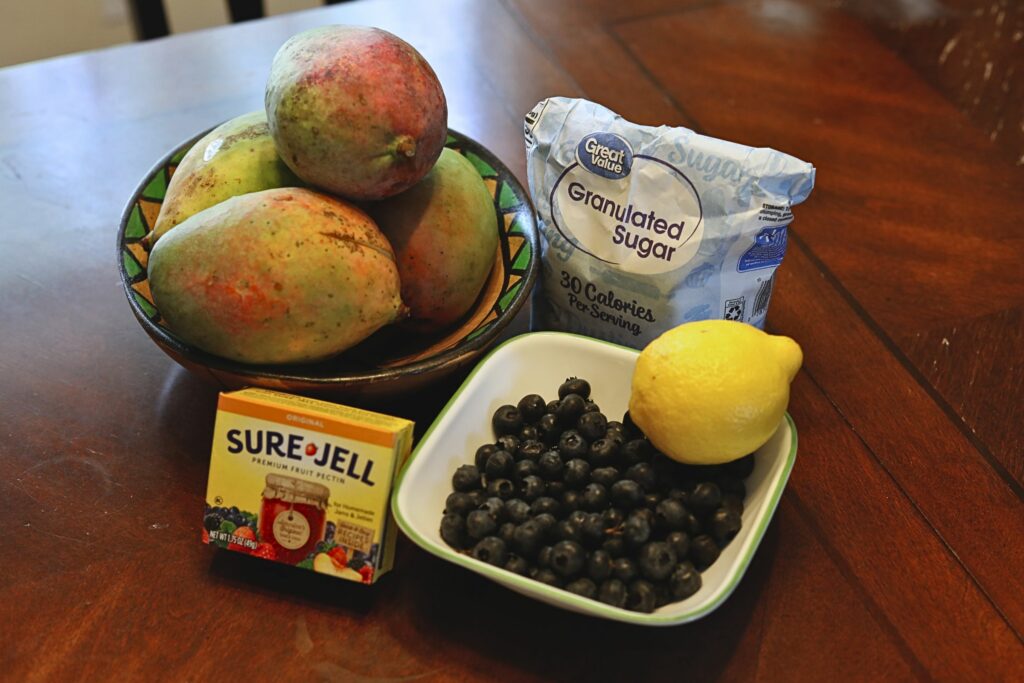
Ingredients:
3 cups chopped mangoes
1 cup blueberries
1/2 cup lemon juice
1/2 tsp butter
1 box Sure Jell (fruit pectin)
4 cups sugar
(This recipe yields approximately 7, 8 oz. jars of jam)
Instructions:
Gather together your mangoes and blueberries and wash them
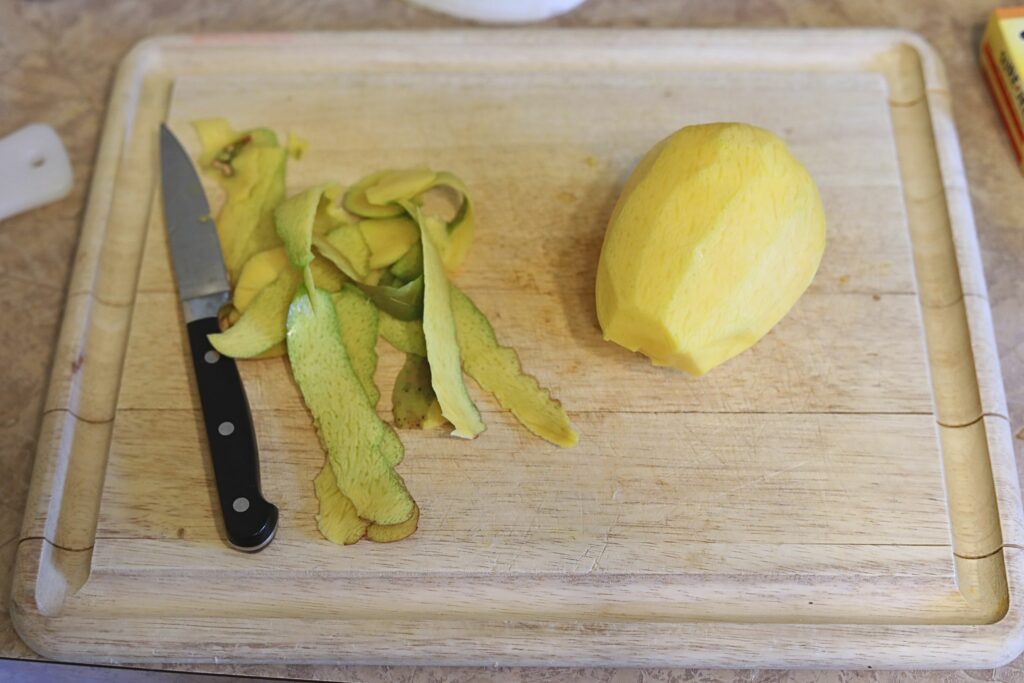
Peel all of the skin off your mangoes, either in a circular motion or vertical slices. As long as there’s no skin left, either way is fine! And make sure to collect the scraps for composting.
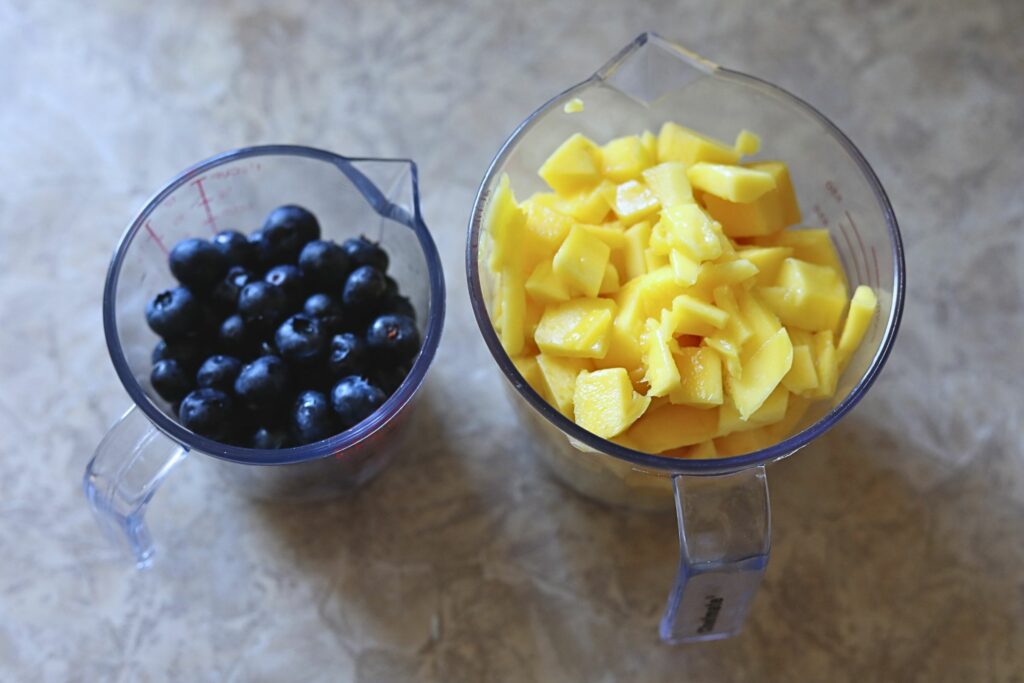
Slice your mangoes, getting as much fruit off of the pit as possible. I cut my mango pieces a little bigger because my friends at the ECHO farm like a chunkier jam. But you can make these mango pieces as big or little as you wish. Keep in mind big chunks will boil down a bit once they’re on the stove! If you don’t like chunks, feel free to mash the fruit beforehand.
Measure out 3 cups of chopped mangoes and 1 cup of blueberries and add to a large pot. Add lemon juice and butter into the pot with your fruit.
Here’s the fun part! Turn your stove up to high heat and gradually stir in the pectin. The mixture should come to a rolling boil (when you stir, the mixture will continue to boil instead of dying down).

Once this rolling boil has started, stir in 4 cups of sugar. If it stops boiling, wait for it to come back to a boil. This will allow the sugar to dissolve!
The new mixture should return to a boil. As soon as it does, set a timer for 3 minutes! It’s important to get this timing right to allow the sugar to have the proper reaction and create a jam consistency. Both science and the ECHO experts say so!
That’s all the cook time the jam needs! Pretty simple, right? After those 3 minutes, you can remove the jam from the heat and ladle it into jars. This recipe is good for about seven 8 oz jars, but you can use different sizes if needed. If you have a funnel, that will be helpful for getting the jam into the jars.
Do not fill your jars to the brim! Instead, leave about a ¼ inch of space at the top.
Lightly screw on the caps. If you are not planning to seal the jars (meaning you will consume the jam in the next couple of months), feel free to put the jar in the fridge. However, if you want to seal the jars, read on!
Bring a pot of water to a boil and submerge your cans. To ensure they are properly sealed, boil for 10 minutes – this is important. Again, set a timer!
Remove the jars from the boiling water, but be careful! I repeat, be careful! The jars will be hot. Here at ECHO, we recommend a canning jar lifter.
Set the jars aside on a kitchen surface to cool. I like to leave them out overnight. If the jars make popping sounds, don’t be alarmed. This is a good sign! It means the jars are sealing.
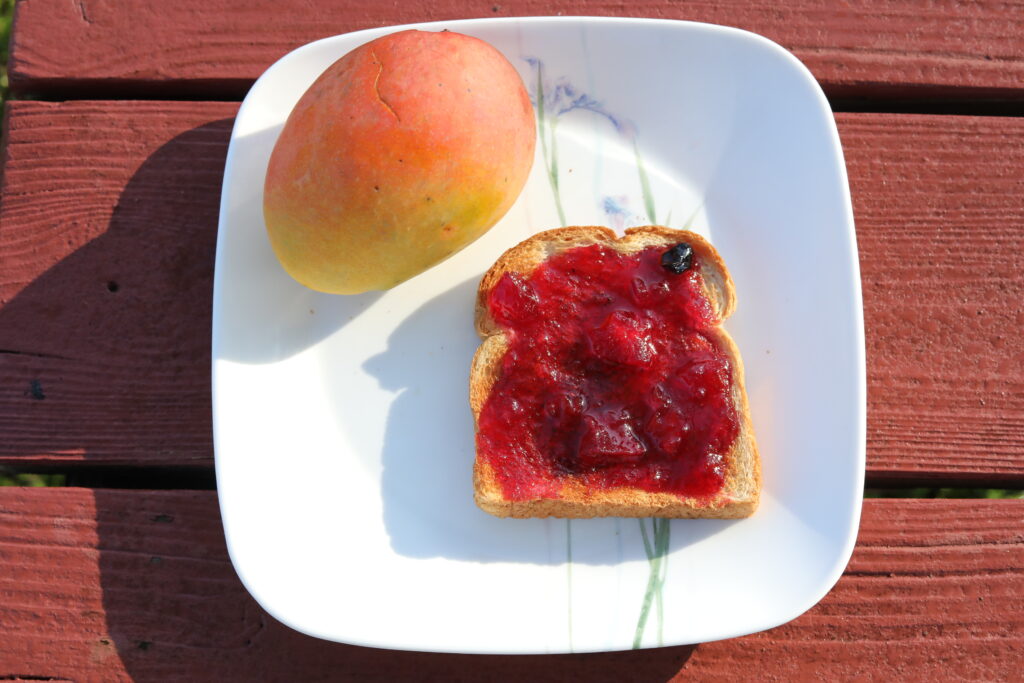
Once the jars have cooled, you’re good to store them in a cool, dry place for 18 months to 2 years! I like to label my jars with “enjoy by” dates.
Whenever you decide to crack a jar open and enjoy it, make sure to put it in the fridge! (And, of course, enjoy it!)
And that’s it! A simple recipe fit for beginners, experts, and everything in between. Whether you share this mango-blueberry treat with your loved ones or keep all the jars for yourself, please tweet a photo @ECHO_net or tag us on Instagram or Facebook @echofightshunger. We would love to see your results!
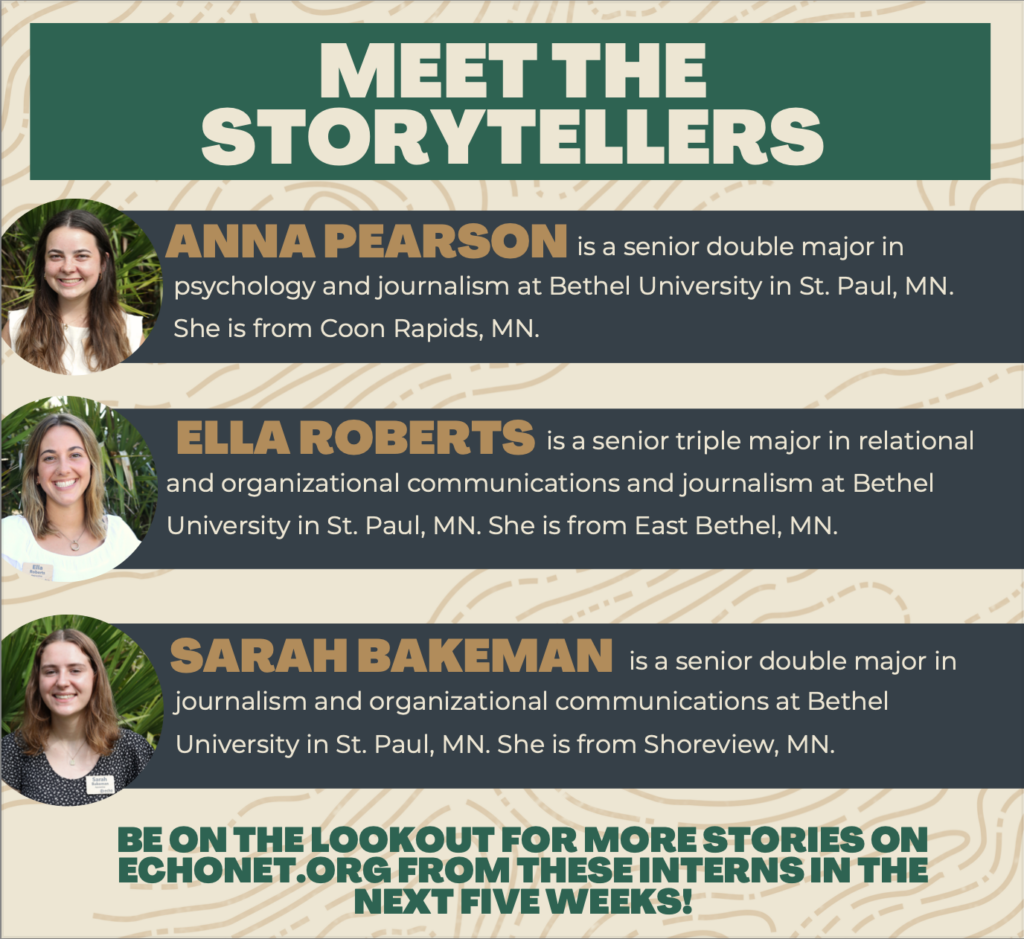
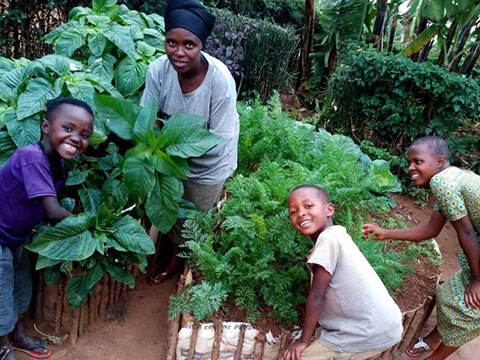
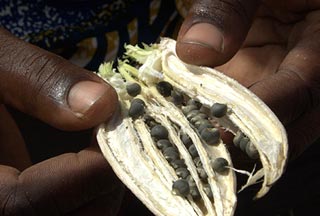
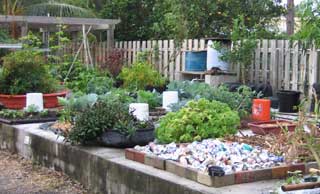
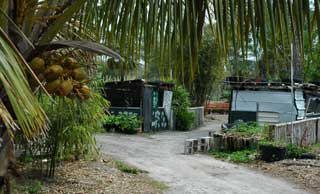



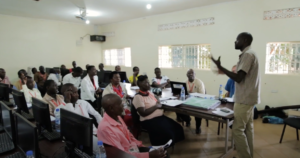

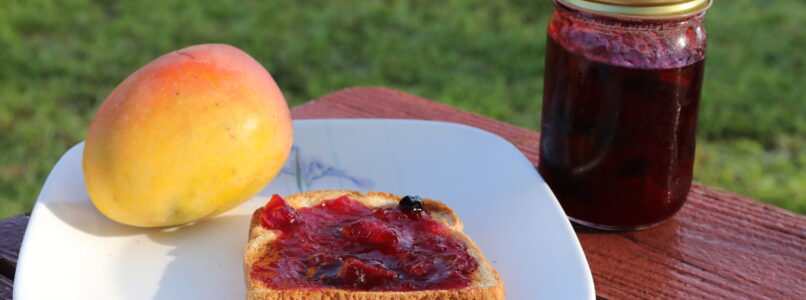
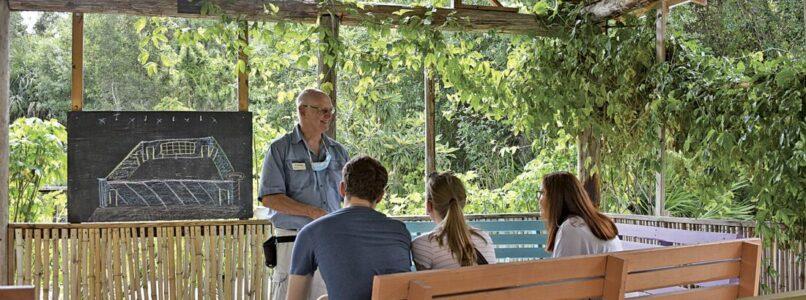
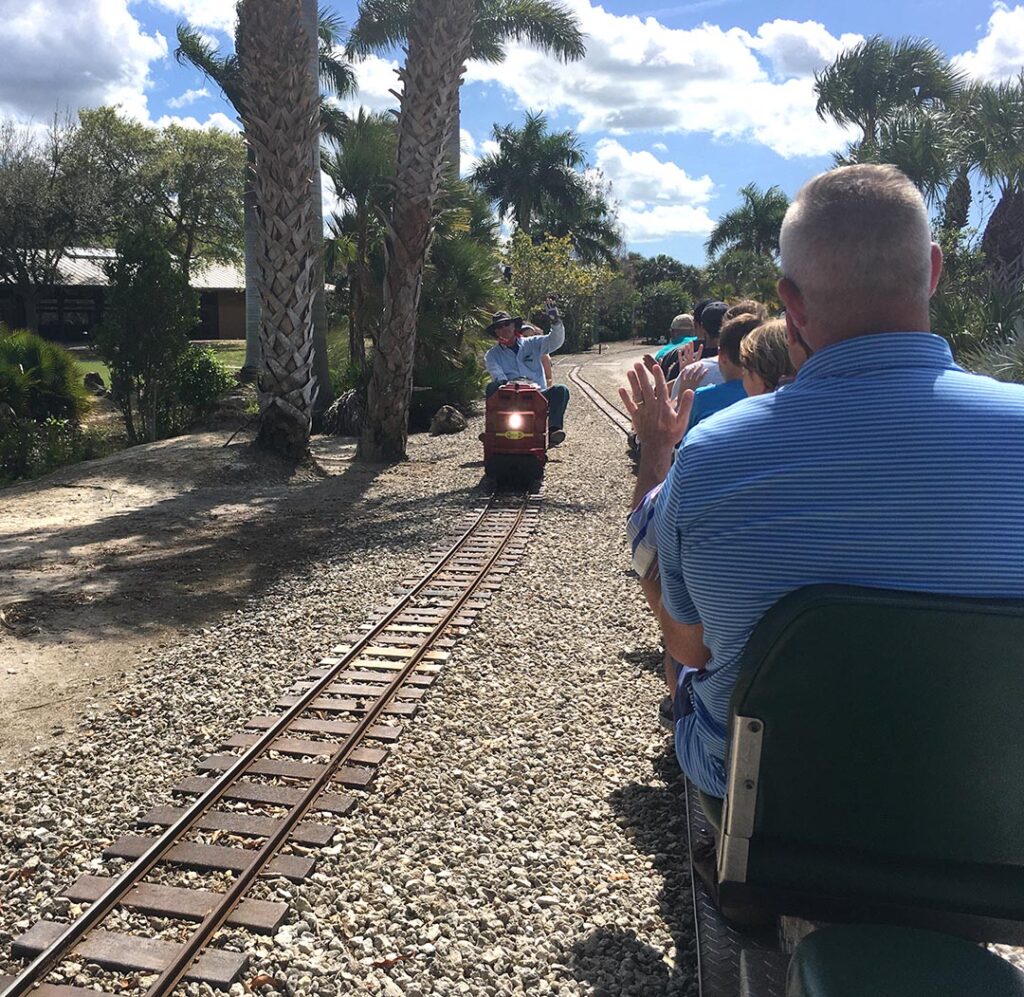
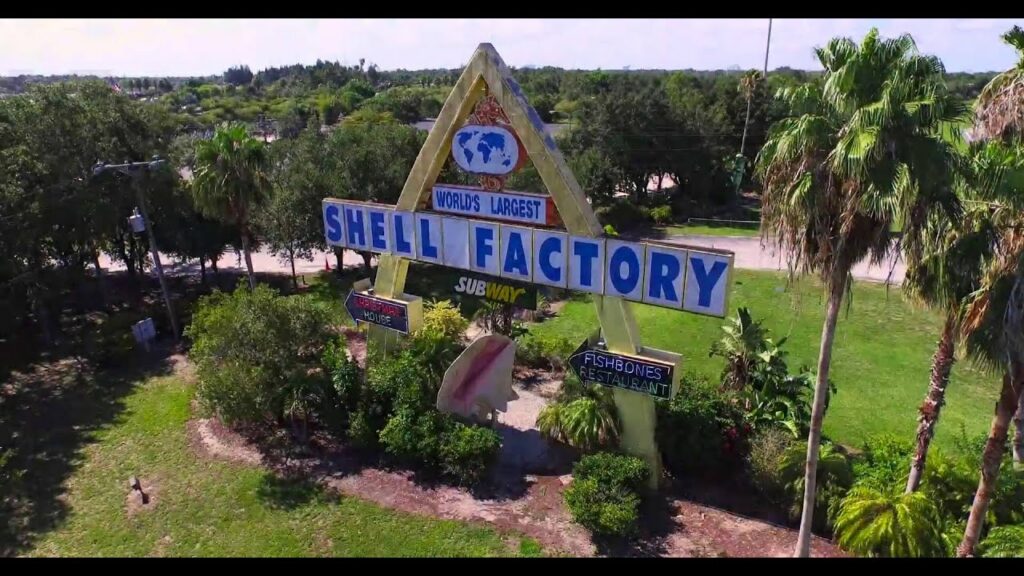

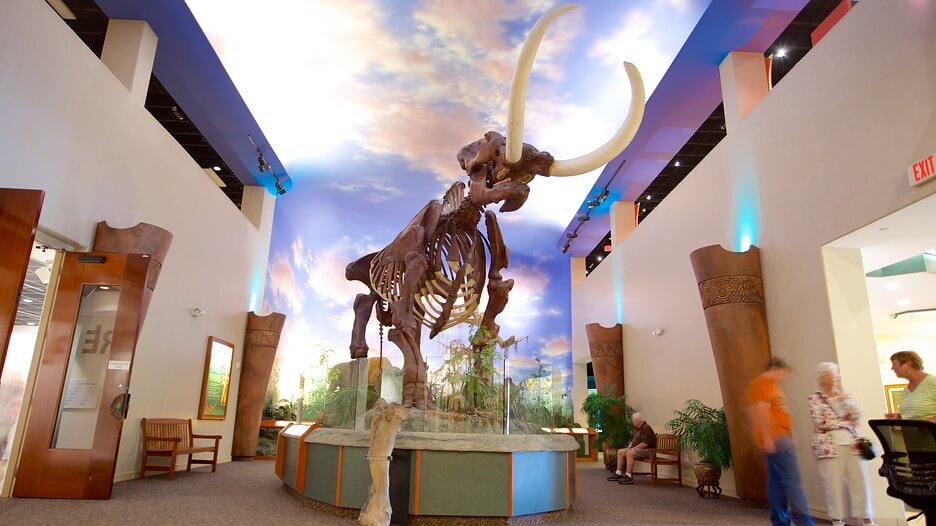
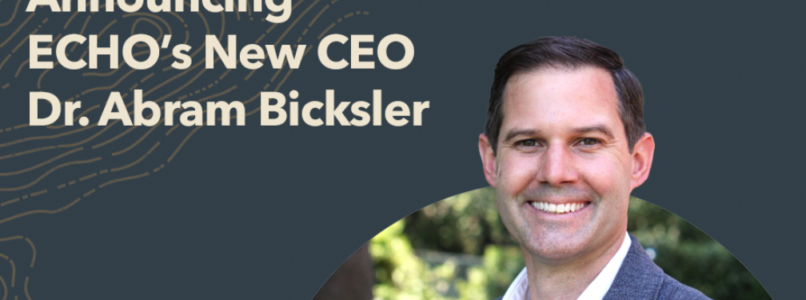
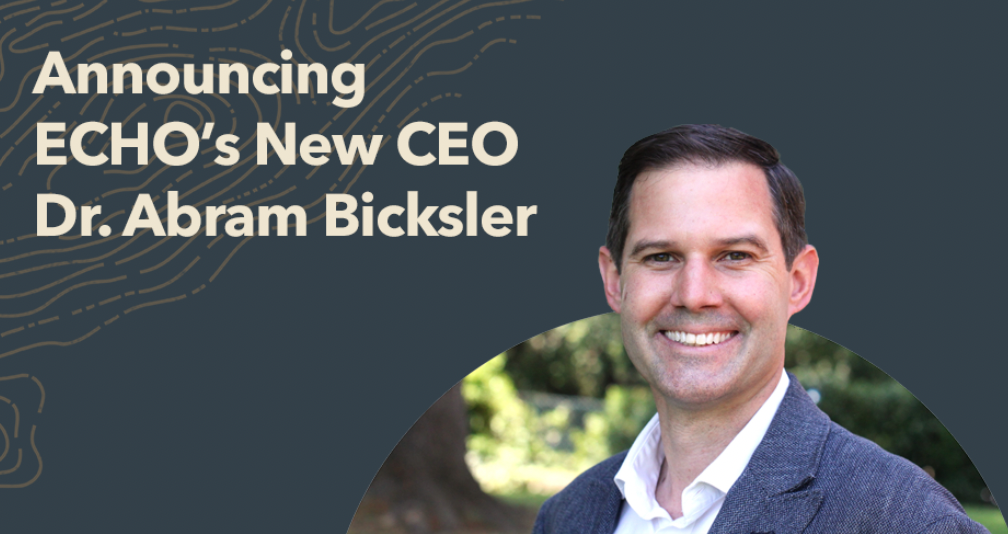
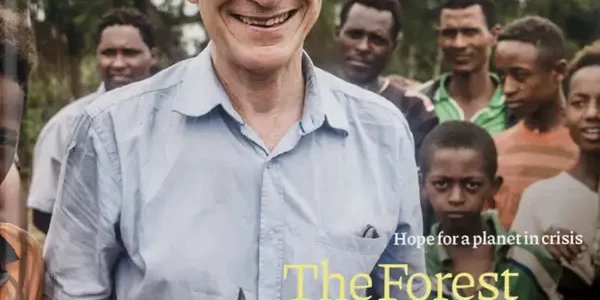
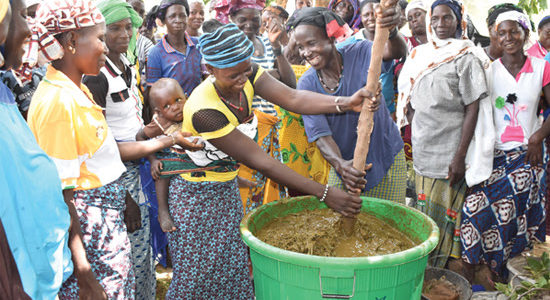
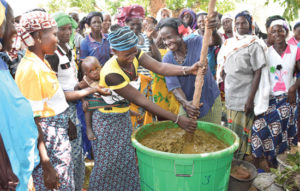
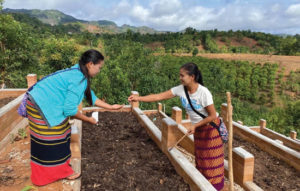
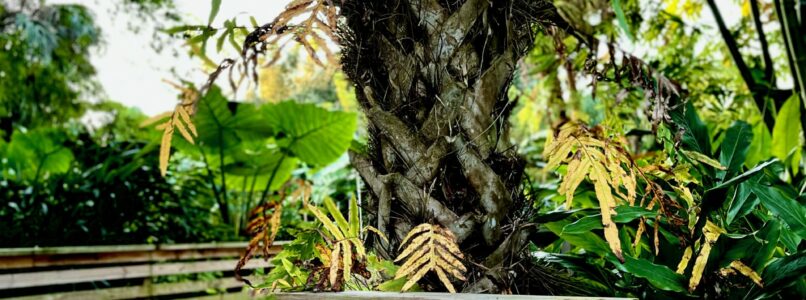
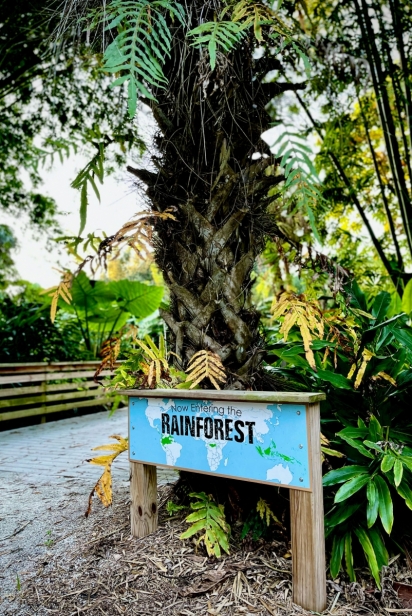
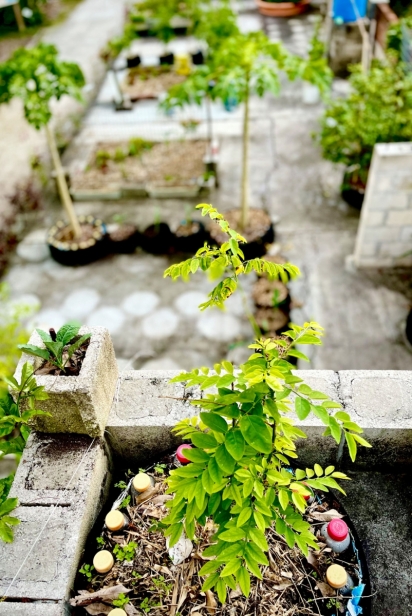
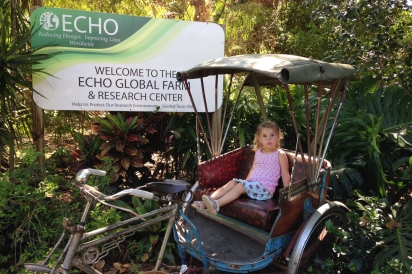
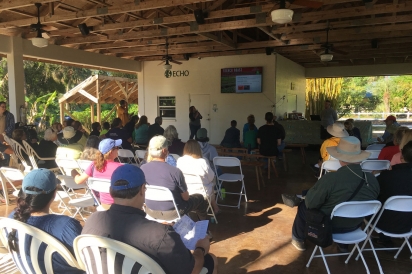
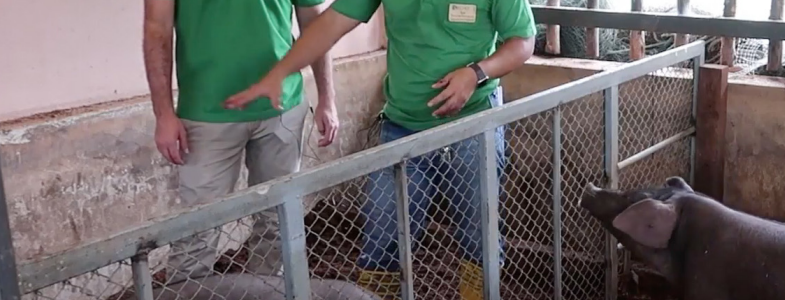
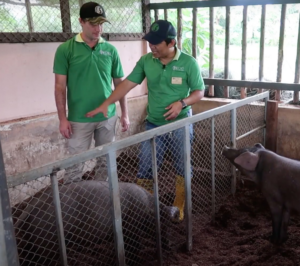
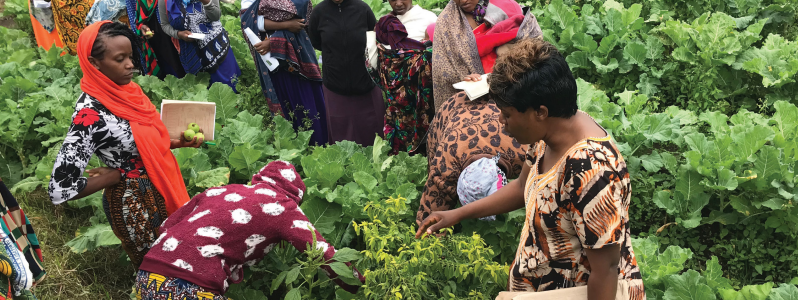
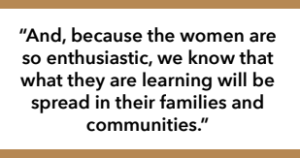
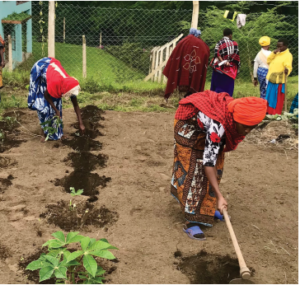 ECHO not only trains the mothers, but helps by
ECHO not only trains the mothers, but helps by 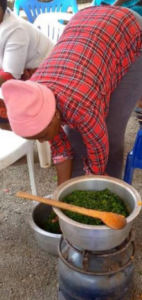
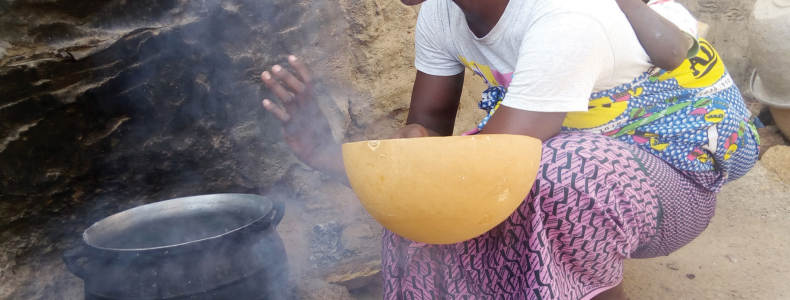
 In another part of Africa, Herry Charles, an ECHO trainer, is testing multiple rocket stove sizes made of mud-bricks to help share practical, hands- on experience with the farmers he teaches in Tanzania. Just like in Burundi, the bigger size accommodates larger pots and feeds groups of people, from schools to large family gatherings. Made of mud-brick and reinforced with metal, these stoves are affordable and use less fuel, and create much less smoke than the traditional 3-stone fire.
In another part of Africa, Herry Charles, an ECHO trainer, is testing multiple rocket stove sizes made of mud-bricks to help share practical, hands- on experience with the farmers he teaches in Tanzania. Just like in Burundi, the bigger size accommodates larger pots and feeds groups of people, from schools to large family gatherings. Made of mud-brick and reinforced with metal, these stoves are affordable and use less fuel, and create much less smoke than the traditional 3-stone fire. ECHO first taught about biogas in West Africa in 2010. Biogas is created by the metabolism of methane bacteria, and is comprised of methane, carbon dioxide, and less than 1% hydrogen sulfide. Simply put, biogas is the output of the natural process of turning organic residues such as manure or kitchen waste into energy and fertilizer.
ECHO first taught about biogas in West Africa in 2010. Biogas is created by the metabolism of methane bacteria, and is comprised of methane, carbon dioxide, and less than 1% hydrogen sulfide. Simply put, biogas is the output of the natural process of turning organic residues such as manure or kitchen waste into energy and fertilizer.